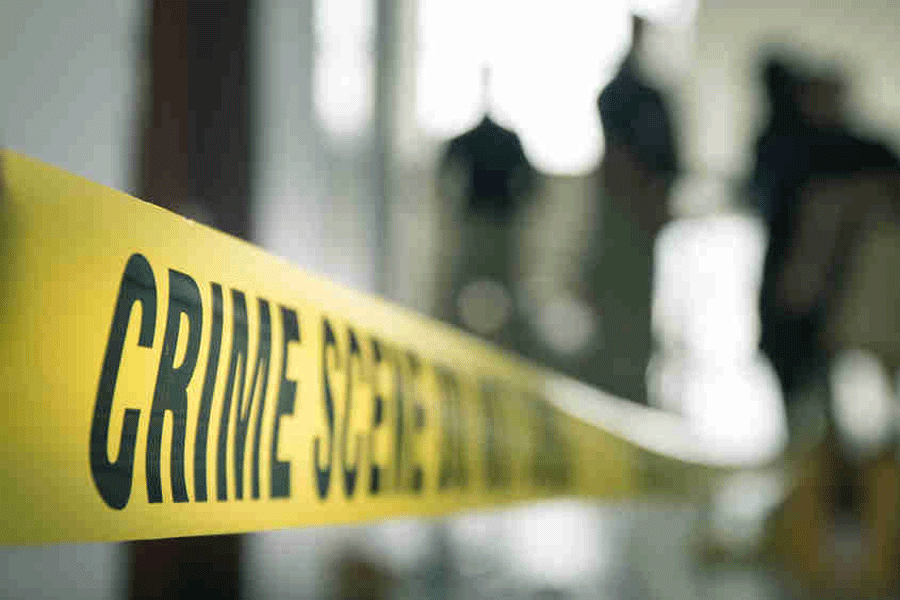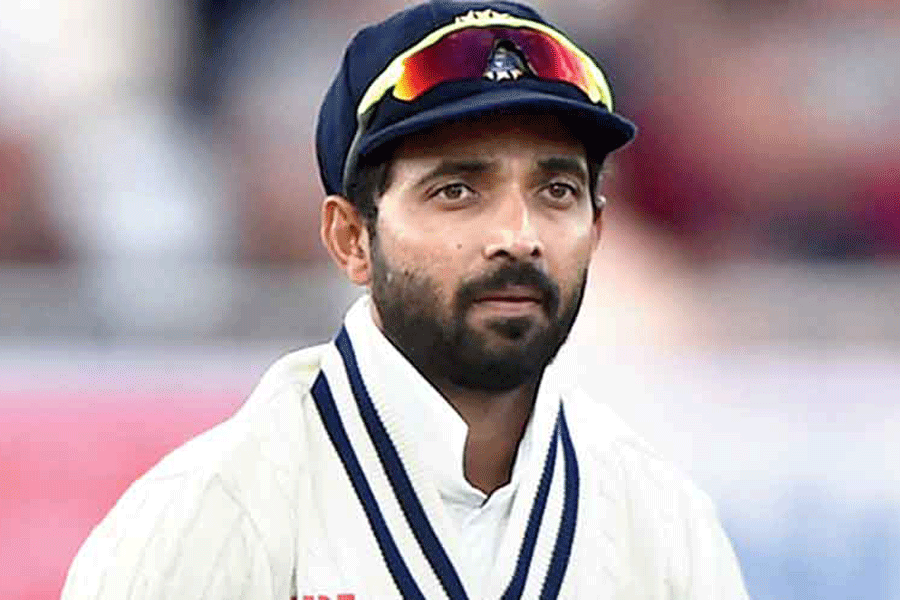Supreme Court Sets Guidelines for Proving Will's Genuineness
Strict Requirements Needed to Rule Out Manipulation

The Supreme Court has set guidelines for courts to follow when determining whether a will that was executed by a person before his death was genuine because "strict requirements for the proof thereof have been statutorily enjoined to rule out the possibility of any manipulation."
"A will is a document that directs the transfer of assets in a testament. In a recent ruling, Justices Abhay S. Oka and Sanjay Karol's bench noted that it is a legally recognized method of transferring a testator's property during his or her lifetime for use after death and carries with it a sense of sanctity.
From the testator's passing, it speaks. Stringent requirements for the proof of the will's validity have been statutory mandated to eliminate the possibility of manipulation because the testator or testatrix would not be available for deposition at the time the document was tested for validity regarding the circumstances surrounding the will's execution.
For establishing a will's legality and execution, the court recommended the following guidelines:
That the testator actually signed the document, and that it was their final will.
Although the test of the cautious mind's satisfaction must be used, mathematical precision is not necessary to prove anything.
Section 63 of the Succession Act states that a will must comply with all formalities in order to be valid, including the following: (a) The testator must sign or affix his mark to the will, or it must be signed by another person under his direction and in his presence, and the signature or affixation must demonstrate the testator's intent to give effect to the writing as a will; (b) Attestation by two or more witnesses is required, though no specific format is required; (
A minimum of one attesting witness who is still alive, subject to the court's process, and is able to testify must be questioned in order to demonstrate that the will was executed.
Not only should the attesting witness mention the testator's signatures, but also the fact that each witness signed the will in the presence of the testator.
The questioning of other attesting witnesses can be skipped if one witness can demonstrate that the will was executed.
The other available attesting witness must be called to support the testimony of the first if he cannot prove the will's execution after being questioned about it.
It is the propounder's duty to allay any reasonable doubts regarding the execution of the will whenever any are present before it may be recognized as the testator's last will. The first burden of proof shifts in these situations to the propounder.
For handling scenarios when the will's execution is surrounded by doubtful circumstances, the judicial conscience test has evolved. It is necessary to take into account factors like the testator's awareness of the will's content and the nature, consequences, and effects of the dispositions made in it; the testator's sound, certain, and disposing state of mind and memory at the time of execution; and the testator's free will when he made the will.
One must provide evidence to support any accusations of fraud, fabrication, improper influence, etc. However, even in the absence of such claims, if there are factors raising questions, it is the proponent's responsibility to explain away any doubt-inspiring factors in a persuasive and clear manner.
In order for something to be suspicious, it must be "real, germane, and valid" and not just "the fantasy of the doubting mind." Each case's facts and circumstances would determine whether a particular aspect met the criteria for "suspicious." Suspicious circumstances include anything that raises legitimate questions, such as shaky handwriting, mental incapacitation, an unfair or unjust distribution of assets, or the proposer actively participating in the creation of a will through which he stands to gain significantly.
the legitimacy of the will left by the deceased Bahadur Pradhan in favor of Kamla Pradhan, whom he is reported to have married after supposedly divorcing Meena, was called into question. Meena Pradhan and her children filed the appeal, which was dismissed by the court.























































